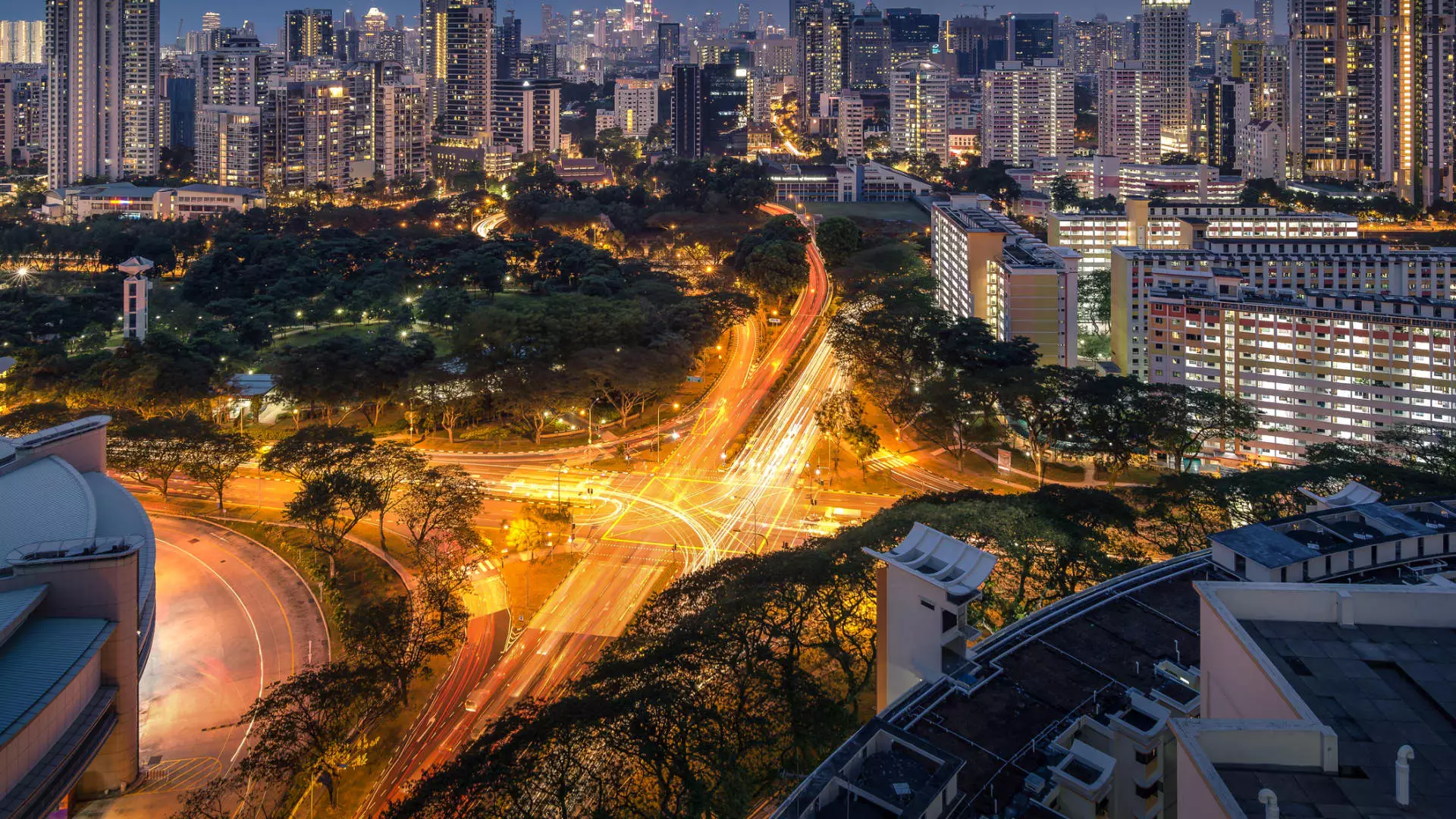Singapore’s residential property market has witnessed a notable shift, marking a decline in private home prices for the first time in five quarters, as reported by the Urban Redevelopment Authority (URA). Preliminary data indicates that the private home price index experienced a 1.1% decrease in the last quarter compared to the previous quarter, reversing the upward momentum seen earlier in the year. This downturn exemplifies the volatility that can characterise real estate markets, particularly in a region that has unveiled its resilience amidst previous economic challenges.
To contextualise this recent drop, it’s important to review the overall performance of private home prices throughout 2024. After a modest increase of only 1.1% in the first three quarters, down from a robust 3.9% during the same timeframe in the previous year, the market is clearly undergoing a cooling period. This deceleration in growth can be attributed to several factors, including changing buyer sentiments and potential apprehension around future economic stability.
The Implications of Changing Sales Volume
Additionally, the volume of sales transactions has seen a significant decline, falling approximately 11% in the third quarter alone. In the broader context of the year, sales transactions have decreased by 8.1% compared to the same period in 2023. These numbers highlight a distinct hesitancy among buyers, possibly influenced by anticipatory behavior regarding the U.S. Federal Reserve’s interest rate management. While the economy exhibits a degree of soundness, uncertainties—often stemming from geopolitical tensions and fluctuating global interest rates—inevitably weigh on the market.
With discussions around interest rates making headlines, homebuyers are increasingly cautious. Despite the U.S. Federal Reserve’s decision to cut rates, Singapore’s mortgage rates are projected to remain significantly higher than those experienced during the last decade’s lows. Consequently, the URA advises potential homebuyers to approach property purchases and mortgage commitments with a degree of prudence, recognising the precarious balance between real estate aspirations and fiscal responsibility.
Interestingly, while the private home market experiences a slowdown, the resale prices for Housing and Development Board (HDB) flats tell a contrasting story. With a 2.5% increase in resale prices in the third quarter and a 20% surge in transaction volumes quarter-on-quarter, public housing remains an attractive option amid shifting market conditions. This divergence underscores the different trends operating within Singapore’s real estate landscape and highlights the necessity for governmental measures aimed at stabilising the public housing sector.
In light of these developments, local authorities are committed to closely monitoring the property market, ready to adjust policies as needed to ensure stability and sustainability. The ongoing evaluations by the Housing and Development Board reflect a proactive approach to adapt to the continuously evolving market dynamics. As stakeholders in the real estate sector navigate this transformative landscape, it is clear that policy interventions and market adaptability will be pivotal in fostering a resilient housing market in Singapore.

